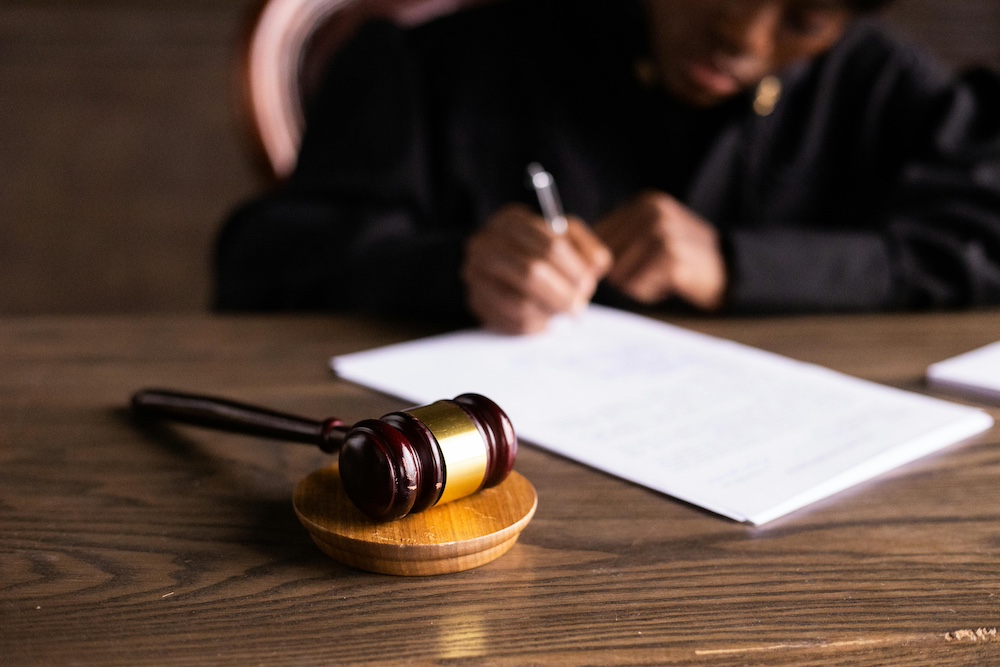Social media is now a powerful—and often dangerous—source of evidence in criminal investigations. What you post, like, message, or share online can be used in court to build a case against you or others. In Canadian criminal law, social media evidence is increasingly central to how charges are laid, prosecuted, and defended.
Understanding how this type of evidence is gathered, presented, and challenged can make a major difference in the outcome of your case.
How Police Use Social Media in Criminal Investigations
Law enforcement regularly monitors platforms like Instagram, Facebook, TikTok, X (formerly Twitter), and Snapchat for potential criminal activity. This includes both public posts and, in some cases, private communications obtained through warrants or cooperation from platform providers.
Examples of social media evidence that police may collect include:
- Videos showing illegal activity (e.g., fights, assaults, drug use)
- Posts threatening violence or harassment
- Photos placing you at a crime scene or with co-accused individuals
- Private messages arranging drug sales or other criminal conduct
- Comments or interactions contradicting statements made to police
Even if the content is quickly deleted, investigators may capture screenshots, download videos, or obtain records through subpoenas. Metadata—like timestamps and location data—can also strengthen the evidence.
Can Social Media Be Used as Evidence in Court?
Yes. Social media content can be admissible as evidence in criminal court, provided it meets the legal requirements for authentication and relevance. Crown prosecutors frequently use social media to:
- Prove identity (e.g., a person tagged in a video)
- Establish intent or motive (e.g., posts glorifying violence)
- Contradict testimony or alibi
- Support witness credibility (or discredit the accused)
For example, if someone claims they were not present at a certain event, but their Snapchat story or tagged Instagram post shows otherwise, that may be used against them in court.
Legal Threshold for Admissibility
For social media evidence to be admitted in court, the Crown must prove:
- Relevance: The content must be logically connected to an issue in the case.
- Authenticity: The Crown must show that the content is what it purports to be and has not been altered or fabricated.
- Reliability: The source must be credible, and the chain of custody must be preserved if screenshots or downloads are used.
Authentication can be achieved through:
- Witness testimony (e.g., someone who took the video or saw the post)
- Metadata analysis
- Admission by the accused
- Subpoenaed records from the platform
However, defence counsel can challenge admissibility on grounds such as hearsay, unreliability, or violation of Charter rights.
Charter Rights and Privacy Concerns
The Canadian Charter of Rights and Freedoms protects individuals from unreasonable search and seizure. If police obtain private social media content without a warrant—such as hacking into an account or coercing someone to reveal messages—the evidence may be excluded at trial.
Still, public posts are generally considered fair game. If you post something on a public profile, police are not required to get a warrant to view or capture it. This is why legal professionals strongly advise against discussing anything even remotely related to your case online.
How Social Media Can Hurt Your Defence
Even if you’re not the one posting, being tagged in videos or photos can place you at the scene of a crime or in the company of co-accused individuals. In some cases, this evidence is the tipping point that justifies an arrest or results in a conviction.
Social media can also:
- Undermine credibility if your posts contradict your version of events
- Fuel allegations of gang involvement through online affiliations
- Support claims of premeditation or intent
- Be misinterpreted out of context, especially in satire or song lyrics
Courts have accepted rap lyrics, memes, and even emojis as part of the evidentiary record when they relate to the facts of a case.
Defending Against Social Media Evidence
A skilled defence lawyer can challenge social media evidence by:
- Questioning whether it was obtained legally
- Arguing that the evidence is misleading or taken out of context
- Challenging the authenticity of screenshots or videos
- Preventing prejudicial material from being shown to a jury
- Highlighting violations of privacy or Charter rights
In some cases, expert testimony may be used to interpret metadata or debunk claims made by the Crown based on social media posts.
What You Should (and Shouldn’t) Do
If you’re under investigation or facing charges, do not attempt to delete or alter your social media accounts. This could be interpreted as destruction of evidence or obstruction of justice. Instead:
- Immediately stop posting or commenting on social platforms
- Set your profiles to private, but do not delete them
- Do not discuss your case with anyone online, including in private messages
- Let your lawyer know if there’s any potentially harmful content, even if it was posted by someone else
Most importantly, do not assume that what you post will go unnoticed. Investigators are trained to monitor social activity—and your online actions can and will be used against you.
Schedule a Free Consultation with LichtmanLaw
If social media evidence is part of your criminal case—or you’re worried that something you posted may be used against you—it’s vital to get legal advice right away. These cases can be complex and carry serious consequences, especially if the evidence is mishandled or misunderstood.
Contact us now to schedule a free, confidential consultation.


